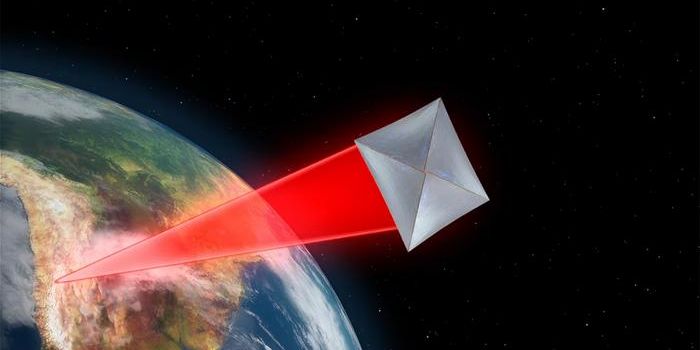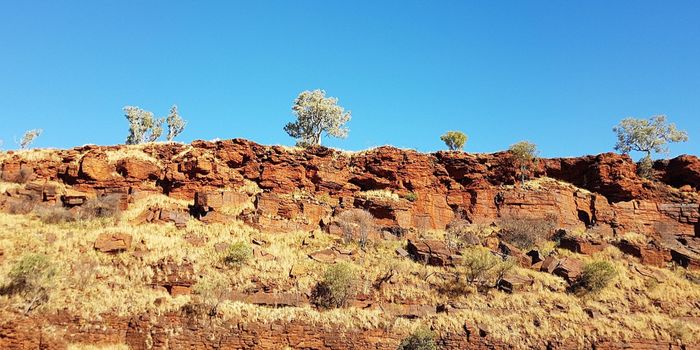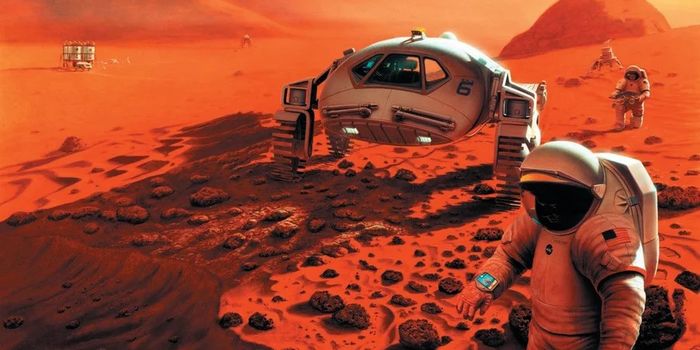Reusable Blue Origin Rocket Lands Yet Again
It was only last November that Amazon CEO Jeff Bezos demonstrated the ability to send a rocket into space and then land it upright back on Earth's soil. Dubbed Blue Origin's New Shepard rocket, the reusable powerhouse has made yet another trip to space on Friday and successfully landed for a second time.
The New Shepard rocket reached an altitude of 333,582 feet, where it would then launch a capsule into space. Afterwards, it landed upright on Earth using stabilizing rocket technology.

"The very same New Shepard booster that flew above the Karman line and then landed vertically at its launch site last November has now flown and landed again, demonstrating reuse," Bezos said in his Blue Origin blog. "This time, New Shepard reached an apogee of 333,582ft (101.7km) before both capsule and booster gently returned to Earth for recovery and reuse."
It’s worth noting however that SpaceX recently had a successful rocket launch and landing as well, but Elon Musk didn’t want to re-use the same rocket twice because he considered the first Falcon 9 to land to be a prized possession and would have been heartbroken if it had been destroyed due to its sentimental value.
On the other hand, SpaceX did launch a second reusable Falcon 9 rocket instead, and it unfortunately couldn’t stick the landing because of a failure in the rocket’s landing gear that essentially led to the rocket tipping over and exploding.
With Blue Origin having successfully launched and landed the same rocket twice, it’s making SpaceX look bad, but SpaceX’s Falcon 9 rocket is a different monster from Blue Origin’s New Shepard rocket because the Falcon 9 is meant to penetrate deeper into space, while New Shepard is meant for lower altitude launches.
Reusable rocket technology is very young at this day and age, but it’s not difficult to see that it’s the way of the future. Rather than blowing $16 million on a new disposable rocket each and every time a launch is required, reusable rocket technology makes it so that the rocket only needs to be refueled, which is significantly cheaper at just $200,000 in comparison (according to SpaceX).
A video of the successful second landing of Blue Origin can be watched below:
Source: Blue Origin








